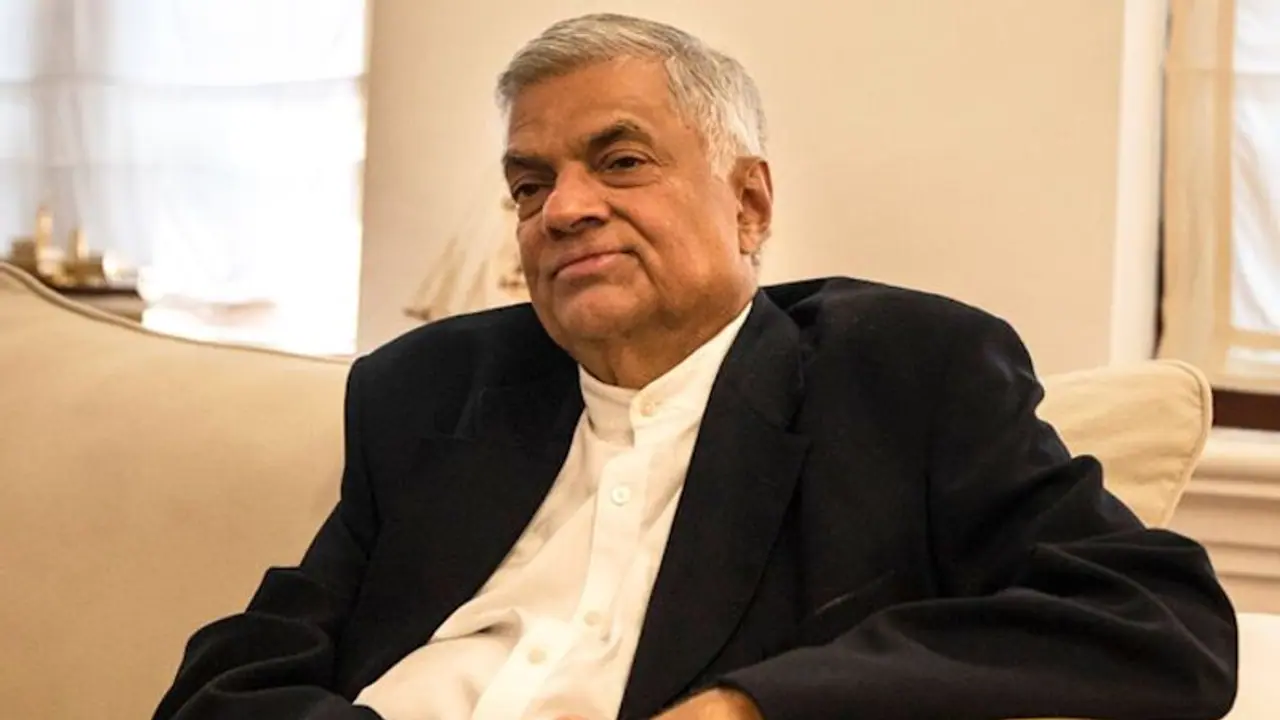Sri Lankan Prime Minister Ranil Wickremesinghe on Saturday said he is willing to resign and make way for an all-party government to take over in the country.
Sri Lankan Prime Minister Ranil Wickremesinghe on Saturday said he is willing to resign and make way for an all-party government to take over in the country.

The Prime Minister's Media Division said that the Prime Minister would resign after an all-party government is established and the majority is secured in Parliament. His office said that Wickremesinghe will continue as Prime Minister until then.
Also read: Sri Lanka: Hundreds storm Rajapaksa's official resident; President 'flees' in navy ship
Wickremesinghe told party leaders he was taking the decision to step down because island-wide fuel distribution is due to recommence this week, the World Food Programme Director is due to visit the country this week, and the debt sustainability report for the IMF is due to be finalised shortly.
To ensure the safety of the citizens, the prime minister said he is agreeable to this recommendation by the Opposition party leaders.
Meanwhile, embattled Sri Lankan President Gotabaya Rajapaksa's whereabouts remain unknown after he was moved out of his residence on Friday ahead of Saturday's protests, during which thousands of angry anti-government protesters stormed into his official residence in Colombo.
Rajapaksa, facing calls for resignation since March, has been using the President's House as his residence and office since protesters came to occupy the entrance to his office in early April.
At least 30 people, including two policemen, were injured in clashes between security personnel and protesters some of them holding Sri Lankan flags and helmets - who had gathered in large numbers in the Fort area, demanding President Rajapaksa's resignation.
Sri Lanka, a country of 22 million, is under the grip of an unprecedented economic turmoil, the worst in seven decades, crippled by an acute shortage of foreign exchange that has left it struggling to pay for essential imports of fuel, and other essentials.
(With inputs from PTI)
